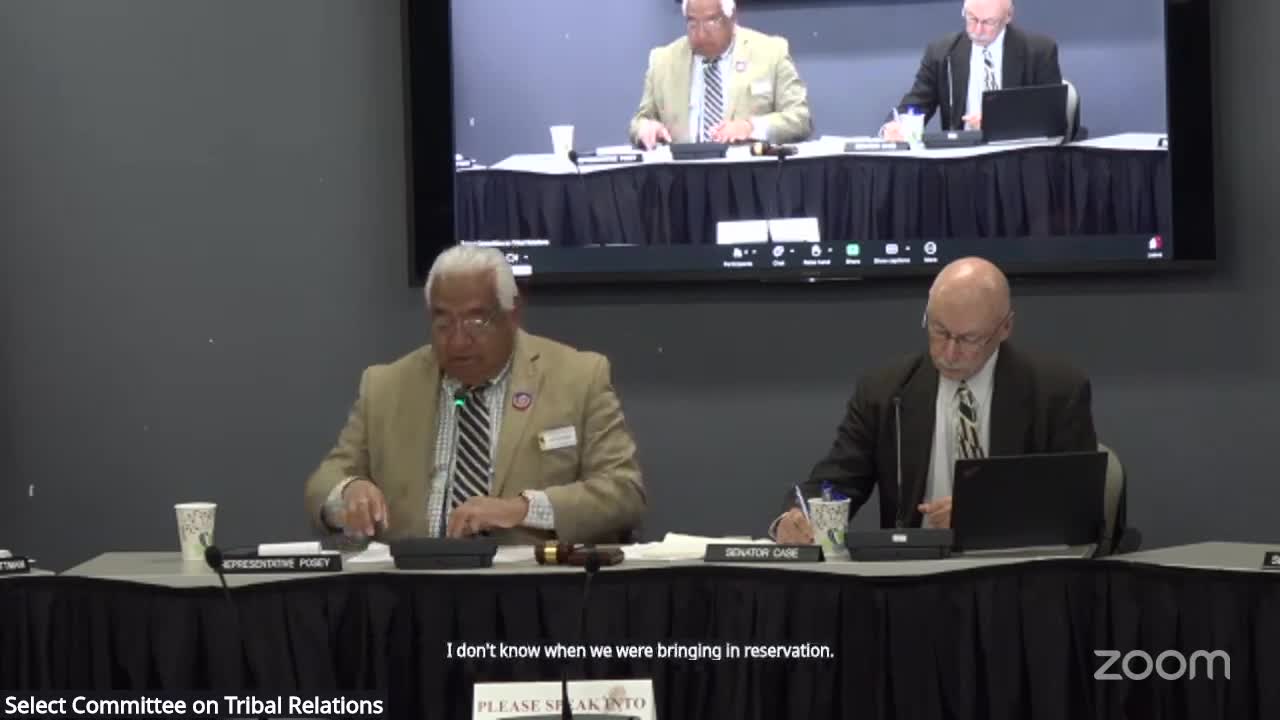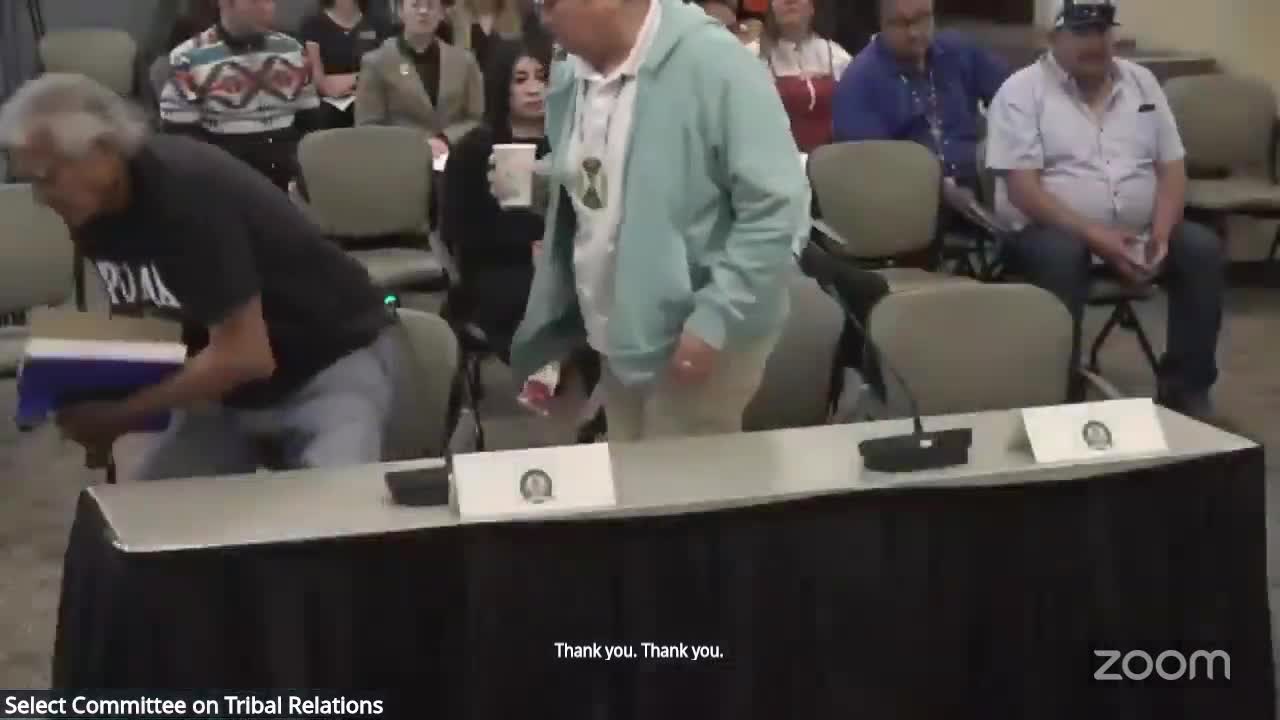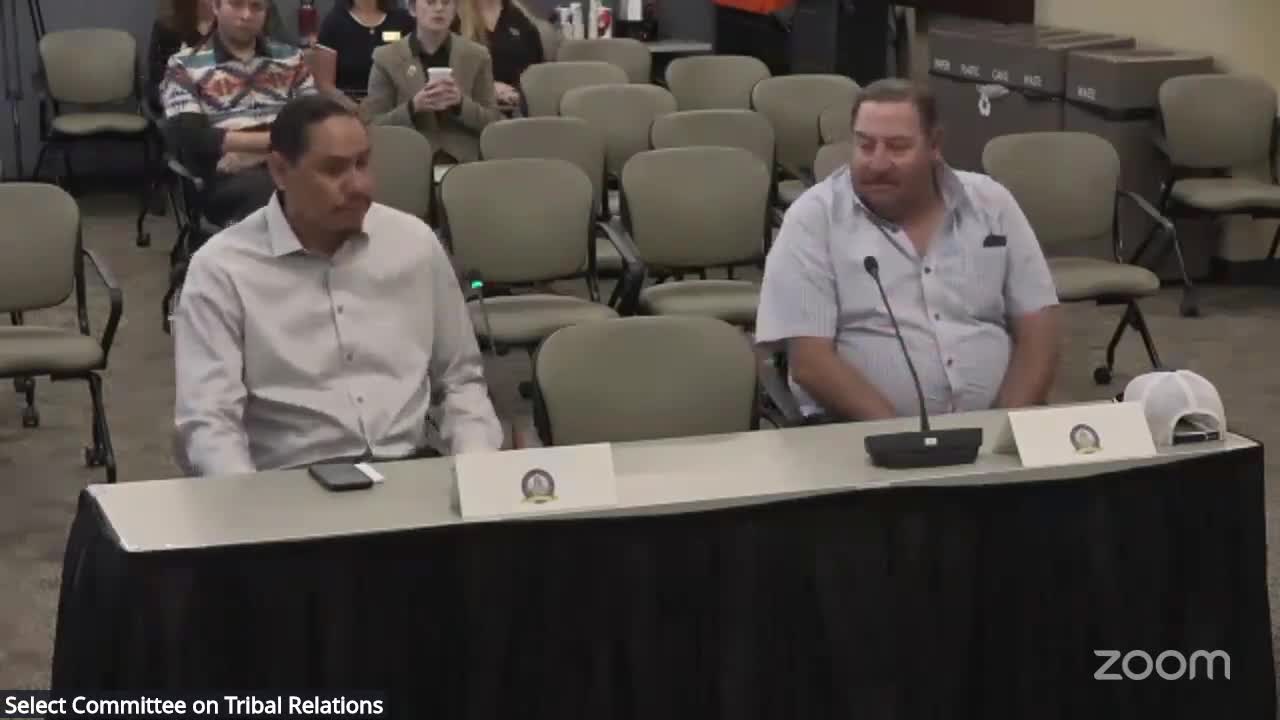Article not found
This article is no longer available. But don't worry—we've gathered other articles that discuss the same topic.

FBI, state and tribal partners press for training and data-sharing on jurisdiction, MMIP and forensic-genetic genealogy

Tribal leaders and BIA say irrigation infrastructure needs persistent funding; Lander landfill closure noted as logistics factor

